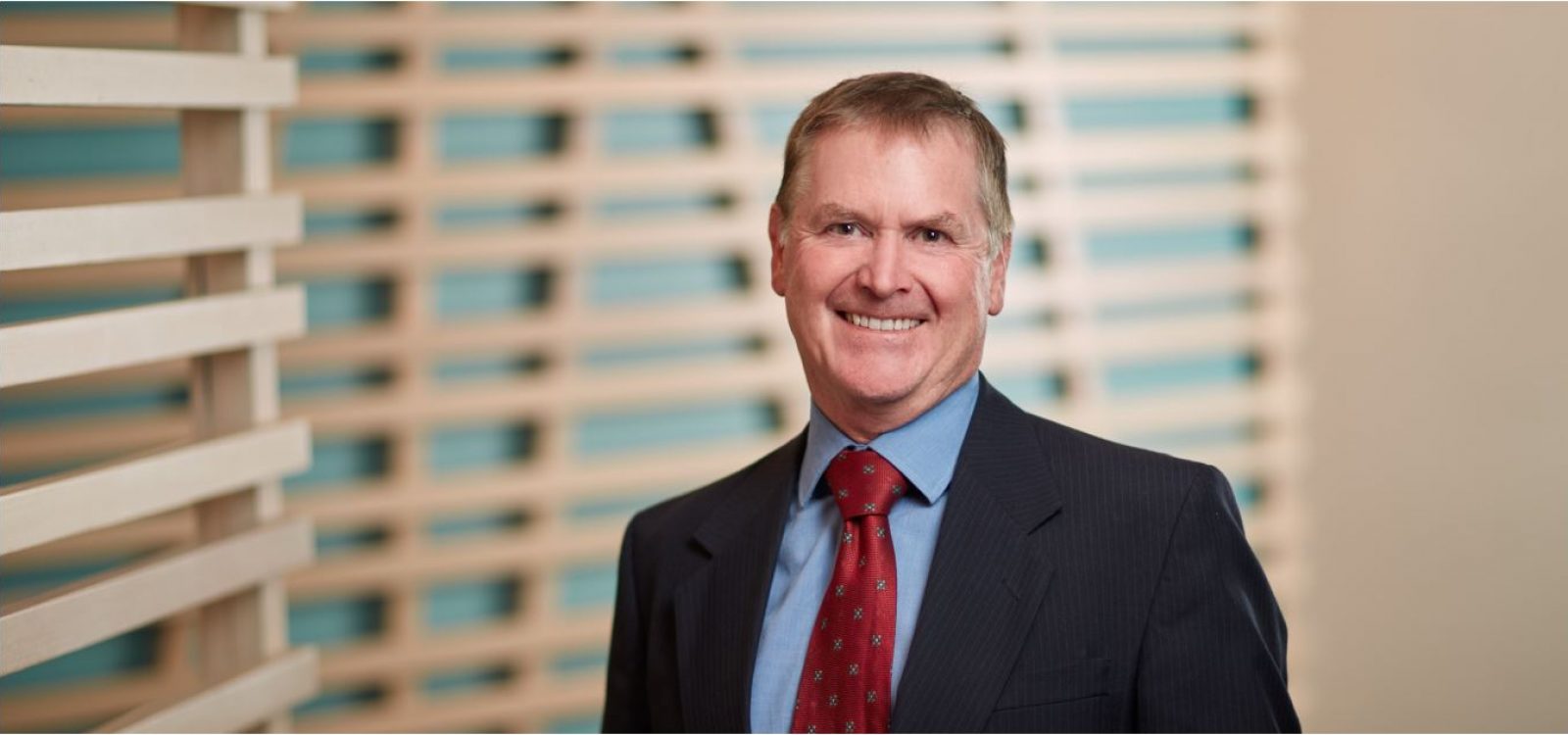
A different road to success – Interview with Martin Fry
After an eventful 43-year actuarial career, Taylor Fry Principal Martin Fry steps into retirement, reflecting on a lifetime of quiet achievement, his passionate aversion to hierarchy and the guru that inspires him to this day.
What will you see when you stand at the end of your working journey, looking back across the years? A dutiful nine-to-fiver, bills and family holidays paid? A fortune amassed?
For some of us, a working life is the unavoidable necessity that allows us to grow our futures and fulfil our desires, if we’re lucky. For a very few, it’s an opportunity to take a chance – to put human beings before personal financial gain, create something meaningful for others and go with what feels right. For Martin Fry, it was this last option that proved well worth the risk.
At first, you may not think a mild-mannered actuary would have such ambitiously altruistic aspirations, but, in 1999, starting a company – along with his like-minded colleagues Greg Taylor and Alan Greenfield – made perfect sense. It was a natural reaction to working in large organisations bound by bureaucracy, where the culture was to reward a few stars financially, based on personal performance.
“We had all felt some unhappiness working at big firms,” Martin says from the Melbourne offices of the firm that bears his name. “It gave us a real desire to build a place without internal competition and politics, where we could do good for our clients and compete only with our competitors, where not one person was dominant, bullying or driving it.”
Nineteen years later, that sentiment is still strongly reinforced, despite some compromise and a few lessons along the way.
“We were a bit naïve to think we could continue to grow and hold on to a flat structure,” he says. What was more significant, they discovered, was to preserve collaborative decision making, rather than impose change.
The experience has been personally enlightening, too. “I learned that if you give people more responsibility than their level would normally dictate, they respond very well. I’ve found you shouldn’t necessarily treat people as juniors just because they’ve served only a couple of years of actuarial training. People can grow into positions and you should always encourage them to stretch themselves and not be content to just jog along, allowing time to lift them up with promotions.”
A guiding ethical force
While it is this type of genuine support that has earned Martin respect and endeared him to colleagues over the years, Greg Taylor remains a guiding force in his work life.
“Greg is probably the most ethical person I have ever met,” he says. “And fearless. He has always been one of the gurus of the actuarial profession in Australia and I was always trying to live up to his expectations. If something was the right answer or the right thing to do, Greg would stick to it no matter what.”
An example of this uncompromising attitude involves an impressive court appearance by Greg, which had a lasting effect on Martin.
“Back in the 1970s, FAI Insurance [bought by HIH in 1999 from controversial financier Rodney Adler and later embroiled in the HIH collapse] had great difficulty renewing its insurance licence,” he says. “On two occasions, the Insurance and Superannuation Commission (now APRA) refused its application and, each time, Greg appeared in court as an expert witness for the Commission.”
During this period, Greg was grilled over several days by a battery of QCs about why FAI shouldn’t obtain its licence.
“Greg was always cautious and very professional but, after that grilling, he was absolutely methodical and impeccable about being able to justify every single actuarial opinion he gave.
That experience has been incredibly useful to reflect on, Martin says. “I tell it to all the young actuaries: if you ever reach the stage where something doesn’t feel right, picture yourself being quizzed by a serious QC who’s trying to discredit you. Would you be able to stand up and say I did it for this reason and would it hold water? And if you can’t explain honestly, you shouldn’t do it. Because I’ve seen the results and it’s catastrophic for those involved.”
With often so much at stake, highlighted by the ongoing Royal Commission into Misconduct in the Banking, Superannuation and Financial Services Industry, Martin believes increased regulation and legislation is inevitable but not necessary.
“It’s a bit depressing we have to rely on black-letter law for regulation,” he says. “We don’t seem to be able to rely on people doing the right thing. People know what’s ethical and what’s right and wrong. It can be within the black letter of the law but it’s still unsavory. And that’s sad.”
Ultimately, being as ethical as you can is a long-term survival necessity, he adds. “Otherwise you just can’t sleep at night, worrying you’re going to be found out.”
Turning to the future
As he exits the actuarial profession, Martin says the future looks bright for those just starting out.
“When I first began consulting in general insurance, there were only a handful of actuaries in Australia involved in narrow technical areas. Nowadays, there are more than 2,000 actuaries in Australia and they are viewed much more as trusted advisers…The reliance on analysis, on data, on analytics, has been a sea change in my working life.”
Reflecting on his legacy, Martin’s response is predictably humbling. “What I’d like to leave behind is that Taylor Fry has really good people who are capable of doing anything, without feeling constrained by anybody above them or below them in the age stakes or hierarchy or anything else.
“Better still is the day after you’re gone, you’re not missed. I think that’d be great!”
CPD: Actuaries Institute Members can claim two CPD points for every hour of reading articles on Actuaries Digital.






